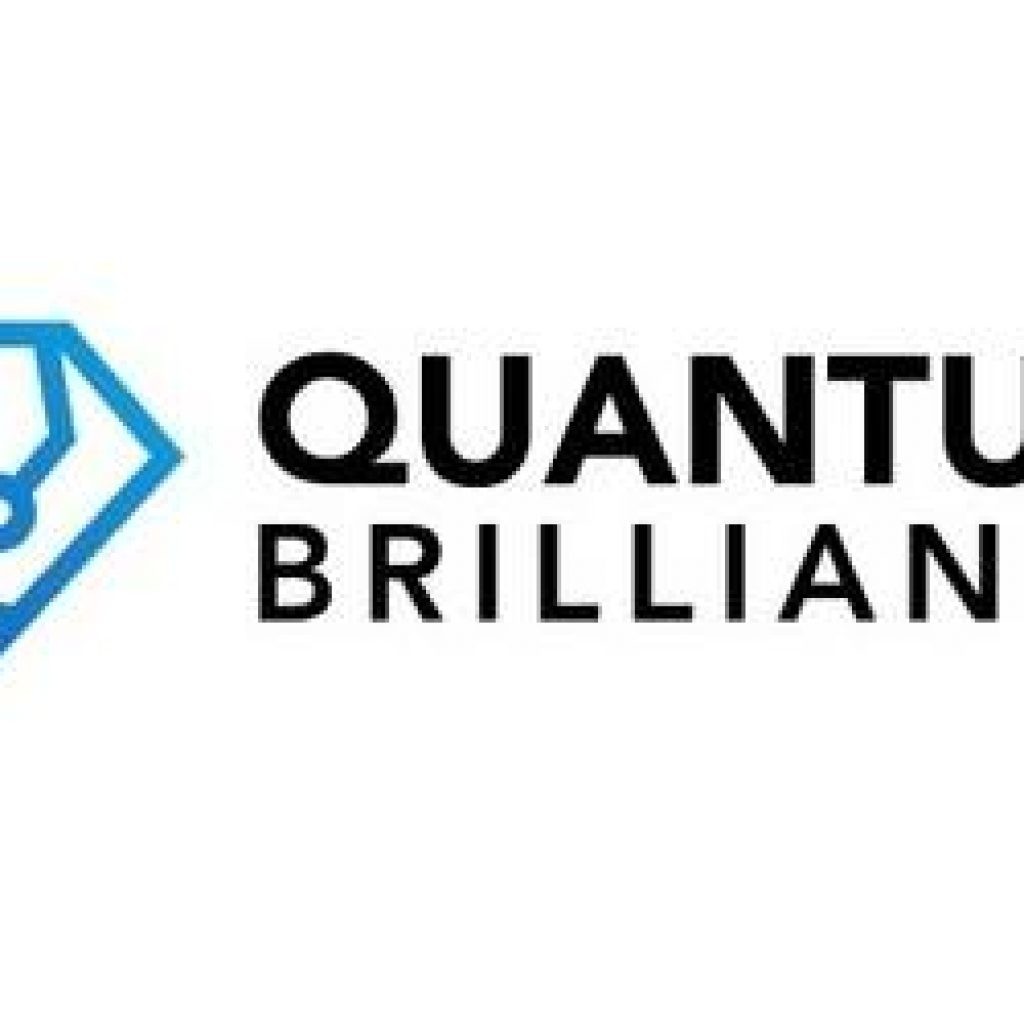As we wrap up 2021 and begin 2022, IQT News is asking executives from several companies across the quantum sector to weigh in on the state of the industry, key challenges that remain and visions and hopes of the future.
The latest entry in this series comes from Mark Mattingley-Scott, general manager, EMEA for Quantum Brilliance. Mattingley-Scott was named to his position last September after a long career at IBM, making the hiring a big win for Quantum Brilliance. The Australian-German company is known for its approach to quantum computers using synthetic diamonds and not requiring massive cooling systems to operate. The company also announced a $9.7 million seed investment in August.
Here’s a Q&A with Mattingley-Scott on the quantum sector’s achievements and the challenges it still faces.
What do you believe were the most significant industry accomplishments in 2021 and why?
There are two aspects to this – individual milestones by industry players, and the progress of the entire industry. I think the accomplishments in the performance of almost all of the qubit technologies has been impressive, and is a clear indication of the building momentum in the industry. Growth of the industry as a whole has outstripped all innovative technologies that have gone before. Even factoring in the hype that always accompanies innovative technologies, this growth shows more clearly than anything else how fundamentally transformational quantum computing will be over the coming years.
What were the biggest challenges that the quantum computing industry faced, and how were they addressed?
I think the biggest challenge was the one we are all facing – how we as a species have addressed the challenges of a global pandemic, and all the facets and impact that has brought with it. Our response to Covid has demonstrated in a very tangible way the power and importance of science and a reasoned discourse. The global economy in general and deep tech specifically, will benefit greatly from this. For the quantum industry, there is also a strong geopolitical dimension, with quantum computing rightly being strategically important. Quantum computing has built momentum, and it is now beginning to deliver on the promise of its utility in the real world.
What factors do you believe will spur overall industry growth in 2022?
I think we will begin to see consolidation of some of the quantum computing technologies, and a realization of the very experimental nature of some of them. In contrast, I also expect to see a small number of players getting closer to a measurable economic benefit.
What do you see as impediments to industry growth next year?
The global crisis brought on by Covid overshadows everything else, at least at the moment. Getting access to the right people is going to remain a major challenge for the industry. For the individual technologies, I think that questions of transparency in costs, and the timescales for measurable business benefit will come into focus, and I suspect that by the end of ’22 we will see a more direct and down-to-earth discussion about the best way to take the first steps on the path that will dominate the industry.
What technology breakthroughs/innovations do you expect to see in 2022?
Diamond nitrogen-vacancy (NV) centers will be the breakthrough. Closely linked to a discussion on specific economic aspects of the different qubit technologies, we will see some winners and losers, or at least a shift in the market makers and market followers in ’22. Quantum supercomputers in the cloud will gravitate towards the niche market that they represent, and smaller, more portable and more easily integrated technologies will start to make inroads into the HPC/Data center. By the end of ’22 I think the path to quantum utility will be clear, and as an industry we will be focusing much more on implementing, and less on research experiments.
